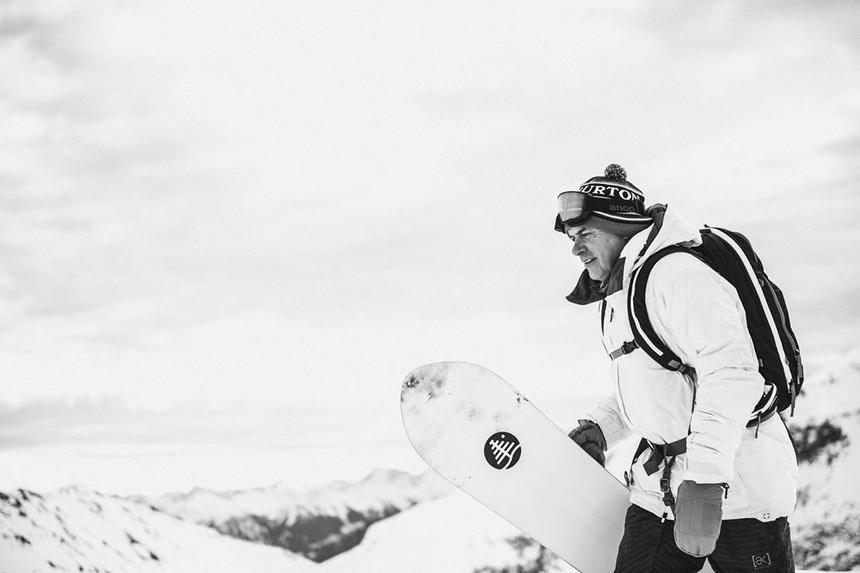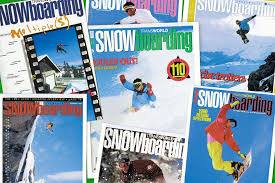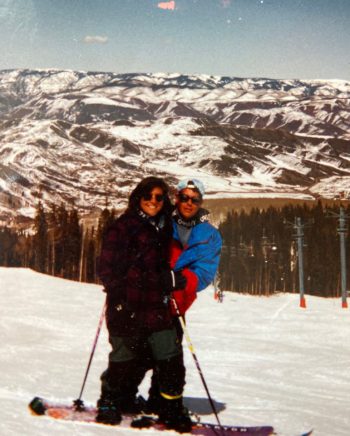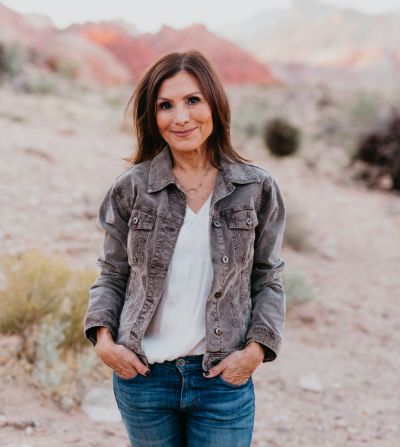
The first time I heard the word snowboarding was from two skater/surfer guys on Long Beach Island, NJ, during the summer of 1990. “It’s really cool, it’s gonna be huge,” they explained. A few weeks later, a Transworld Snowboarding magazine caught my eye on a newsstand in New York City where I worked. I had never skied or done anything athletic, but I was curious. A new sport, interesting. A new way of life? A few months later, a high school friend was murdered. He had recently moved back to NJ after living in Aspen, Colorado, where he’d been called The Mayor, so it wasn’t surprising that a few people made their way from Aspen to pay their respects at his wake and funeral. In 1990, we didn’t talk about stuff like how to work through grief or go to therapy. Instead, we went to the Allendale Bar & Grill and got wasted on shots and warm beer. As I smoked a Camel Light and threw back another shot, one of the guys visiting from Aspen asked, “Are you happy?” It was an easy question to answer. In the last 10 months, two of my high school friends had been murdered. These were good guys who were in the wrong place at the wrong time. I’d been sexually assaulted a few years earlier in college. The men at my job had recently called me into a meeting to talk about how I dressed; apparently, though my job performance was stellar, I was too bridge in tunnel for their upper east side taste. “No, I’m fucking miserable,” I answered.

“You should move to Aspen,” he said. “It’s better there.” When I got home, drunk with grief and from too many shots, I picked up the Transworld Snowboarding magazine. A new sport, interesting. A new way of life? In January 1991, I drove across the country and moved to Aspen. I felt I owed it to the friends whose lives ended far too early to live my best life. I bought a Burton snowboard, and figuring out how to ride that board became my focus. Though snowboarding has a steep learning curve, I was not a quick study. What I didn’t realize until years later, is snowboarding (and then rock climbing) was how I processed grief. While snowboarding, connecting with nature helped me to feel peace while the world outside spiraled out of control. Yet there were many dark days when I’d tumble down the hill and cry in frustration. Why could I not control this thing? There were beautiful bluebird powder days when movement seemed effortless like some greater force had taken hold of my body. Maybe everything would be okay? Snowboarding didn’t fix things, but it certainly eased a lot of pain. The idea of something new, a new sport, a new way of life, was compelling enough to get me, a bridge and tunnel Jersey girl, to make a massive change in my life.

While in Aspen, I waited on my fair share of celebrities. But the first time I felt nervous approaching a table was when Jake Burton Carpenter was seated in my section. I wanted to express my gratitude in a meaningful way. How do you tell someone their vision has helped you to wrestle with the darkness in the world? And how on some winter days, the then three Burton snowboards stored my studio apartment gave me a reason to get up. Speechless, I poured his coffee, took his order, and smiled instead. Rest in peace, Jake Burton Carpenter. Thank you for your vision and for helping to foster a community that has served so many people. Snowboarding helped to replace emptiness with joy; it gave those of us, young and confused, and with the heaviest of hearts, a taste and reminder of what it’s like to feel light and free. #RideOnJake
